“I always felt like it was a crazy job – an amazing job… these people almost had superpowers”: Tomohisa Yamashita and Fleur Geffrier on Drops of God
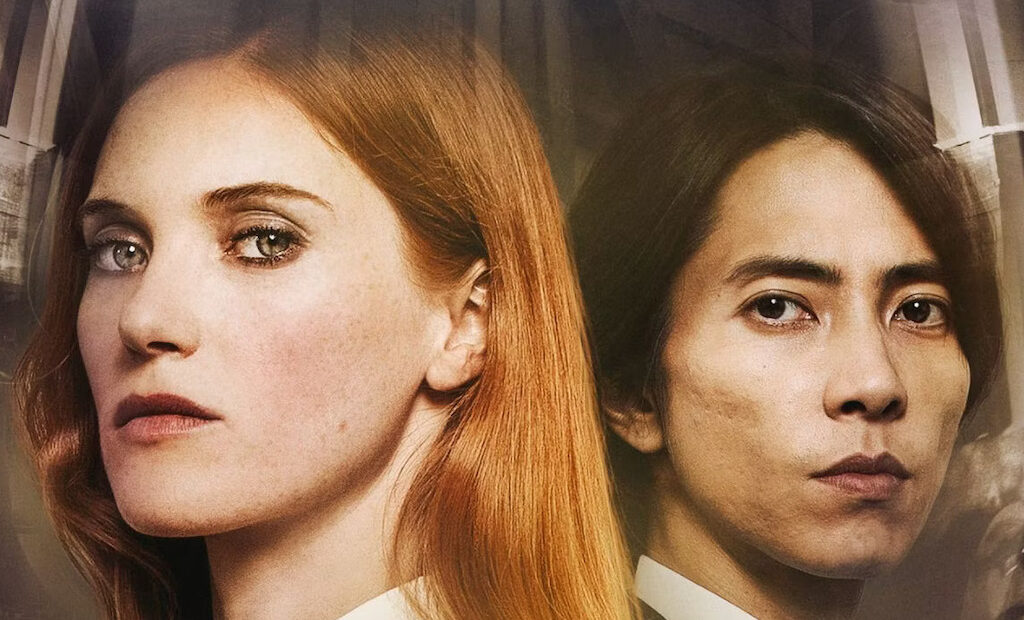
The latest Apple TV+ series Drops of God sees two unlikely opponents face off in a three-round wine tasting competition: French writer Camille Léger (Fleur Geffrier), who grew up rejecting the field her father chose over his family, and Japanese wine specialist Issei Tomine (Tomohisa Yamashita), who eagerly learned the ropes of oenology as his student. Whoever emerges victorious will walk away with Alexandre Léger’s bequest – the world’s largest and most expensive wine collection.
The two lead actors spoke to The Upcoming ahead of the release and shared their insights into preparing for their roles, the characters’ complex family dynamics and working on multilingual international productions.
Were you familiar with the manga version of Drops of God?
Tomo: Oh, yes. I’ve been a big fan of the manga Drops of God because it was huge hit in Japan, 15 to 20 years ago. Yeah, I read the manga and it is really educational stuff – I learned so much.
Fleur: I didn’t know it before. I knew the manga world – when I was younger, I watched tonnes of anime, but the really famous ones like One Piece, Death Note. I didn’t know anything about Drops of God. I was very impressed and surprised to hear there was a manga about wines – “What is this?!“ – so I was very excited about it.
Did you read some of it in preparation? Your character differs so much from the original, I’m not sure if that would help you to find Camille or not?
FG: I started to read the manga before the shooting, but then I realised it was so different, so I stopped. I think I read the first book entirely, and then decided not to go further. Because I didn’t want to be… not “polluted” exactly, but, you know, I didn’t want to have different approaches to it. I really wanted to focus on the script.
But I bought some of the other books, and I have them here in my apartment, so I kept reading after the shooting was over.
Tomo, when you read it, did you already see yourself in any of the characters?
TY: Hmm. It was very unique, and the characters… it’s exaggerated, right? It exaggerates a little bit, compared to the Drops of God live-action version. But it was really fun to read.
So what was your approach to familiarising yourself with your character?
TY: I actually took 40 hours of lessons from a teacher from the academy in Japan before I left Japan to shoot. And then, when I landed in France, I went to a lot of restaurants and drank wine. We actually shot the series in the middle of a vineyard and the owner of the winery, he taught me a lot of things about wine. So that helped me to build my character.
How familiar were you with wine and the field of oenology before all this?
TY: Before I played Issei, I wasn’t, like, a big wine drinker, but after this project, I fell in love with wine and I bought a lot. As soon as I got back from the France, I bought a cellar in my house. So it was a great experience – I really appreciate it.
FG: I always felt like it was a crazy job – an amazing job, like, that these people almost had superpowers. It’s really special what they can do, but it’s a big world and you have to practice for many, many, many years to become talented in this field. Of course, I knew about wine, because I’m French. I knew a lot about wine, but like an amateur. My father, he taught me little things: to recognise a light wine, a heavy wine, what are the differences between red, white, rosé? Now I know a little bit more.
Your character, Camille, has an extraordinary sense of smell – she can tell so much about the wine without even taking a sip. Has all this training also heightened your senses with regards to food and drinks?
FG: So, I was trained by an oenologist called Sébastien Pradal, who was a consultant on the show. He was always there to say, “Oh, you’re doing the right thing. Yeah, this is good, or not good,” etc, etc. I was trained how to hold the glass and how to taste it, all those steps you have to follow and why do you do each of those steps, so I kind of always do that now when I try a new wine. And now I try to drink only good wines and now, when I sniff it the first time, I try to recognise some flavours. It’s really difficult, but I try every time.
Was it all grape juice on set? Or did you have some actual wines there as well?
FG: Sometimes we had a real wine, when we have to go very close up on the glasses, because you can really see the difference. You don’t have the tears on the glass if it’s not alcohol in it, you see? Most of the time it was water and colour, or grape juice. But now I cannot drink grape juice anymore – it was too much.
Issei stays very mysterious at first, but something that makes him instantly relatable is his struggle around whether to go his own way or follow the path his parents have imagined for him. Is this also something that drew you to this character?
TY: Yeah. Issei is a kind of cuckoo – a brilliant young man, who grew up in a rich family. When he was younger, he had to choose between taking over his family business and following his own path. And that’s why he’s been working so hard in his life to achieve his goals and to become a wine expert. He basically has everything but love. It’s very attractive to play that.
Camille also has a very complex relationship with her family. Fleur, you didn’t have any scenes with Stanley Weber [who plays Alexandre Léger]. How did you tackle all of this history and trauma from just one side?
FG: I relied on the scripts, on the story, her background, what happened when she was a child, what relationship she had with her father when she was a child. It’s difficult because she was polluted by her mother her entire life: everything she thought was true was in fact only half true. At the beginning, she’s like… she has no father, she just has a mother. Then she’s trying to get to know him, but he’s dead, and, again, she can only rely on what people thought of him and what they felt about him. So she’s always asking questions, and she’s never sure of anything. It’s very weird for her because she never knows if her dad was a nice man, or a bad man. When in fact, it’s both of them. And that’s great about the show: it’s not white and black, it’s a mixture of those two things. So, yeah, I just tried to put my feet in her shoes and tried to feel what she goes through.
You shot mostly in France. Was it your first time shooting in Europe, Tomo?
TY: It was the second time, because I had shot another series in Spain. It was great shooting with a French team, in France. France is cool. We have like small differences, cultural differences, but it doesn’t affect me at all, because, more importantly, everyone shares the same passion to make quality content. So, regardless of where we work or what project we work on, realising that made me even more excited to be part of something big like this.
What would you say were the main differences between shooting in Europe, compared to shooting in Japan or the US?
TY: It’s just, like, how long you shoot in a day or some other logistics like that, you know? But the passion is the same, so the differences are not a big deal for me.
Fleur, you’ve also done a number of European co-productions. Is this something you are particularly drawn to – the multinationality of these projects?
FG: Oh, I think it was actually au hazard [by coincidence], it was not really on purpose. But I’m very happy for that; I think it’s really rich to experience to participate in those kinds of shows, because you meet people from all around the world. It’s richer and richer, the more cultures you have, the more you get to know. I’m very, very happy it happened and I hope it will continue like this.
Did you learn Japanese for the show? Or were you familiar with the language before?
FG: I was a little because, as I said, I watched tons of anime, when I was a teenager, in Japanese with subtitles. So my ears I think, started to get used to it and I knew and recognised some words. Then, when I realised I had to speak Japanese, I was happy and thrilled about this. So I just practiced a little, but mostly they sent me some recordings of the sentences I had to say, and then I rehearsed them. But, yeah, I realised that I could recognise a lot of sentences and I could speak a little, so I think I’m going to keep on and learn more Japanese. It’s a beautiful language. I love it.
I really appreciate the way the show tackled this natural switching between languages – it adds to the authenticity of these people’s lives, rather than to just translate everything into English.
FG: Yeah, I’m very happy that they kept all the languages. It is so important and accurate in the show; it’s really two cultures who are confronted with each other. It’s a part of the story, really, and a part of her history, too: she lived in Japan, she lives in France, Japan is really connected to her father. And, at first, it’s all part of the trauma. And when she arrives in Japan, she can feel all these memories inside her, feelings coming from the past. It’s all part of it – the people, who think she doesn’t understand what they’re saying in Japanese, but she understands. And I don’t speak the same in different languages, I think. I don’t think I speak in the same rhythm and the same tone when I speak French or English or Japanese. I think it changes. It’s all important.
Have you seen any of the episodes already?
TY: Oh, yes. We saw the final product with the team at the premiere in France.
FG: Yeah, we met at Series Mania, the festival in Lille, where we could see the first two episodes together.
Was it what you imagined it would be?
FG: I was very scared – terrified! But when I watched the first episodes, I realised I was really into the story. I was not distanced and analysing everything, I was really into it. So I thought, that’s good! I wanted to see the next episode, and then the next. I was very happy with Oded Ruskin’s work – he’s very talented. I love the rhythm; I love the music, the work he did on the sound, on the colours, too. Rotem Yaron, the DOP, is really talented too, the lights and everything. It’s very beautiful. We’re very happy about it. Very proud.
Would you be interested in revisiting these characters if there were a second season?
TY: Yes, if there’s a second season, I would love to play Issei again. It would be great, but I’m not sure what will happen. I hope there is a season two.
FG: That would be very interesting. But the story needs to be very interesting too. For me, the story we are talking about in the show has an end – it ends at the the end of the season. But if there is an interesting storyline for season two, I will be very, very glad and excited to go further.
Selina Sondermann
Drops of God is released on Apple TV+ on 21st April 2023. Read our review here.
Watch the trailer for Drops of God here:

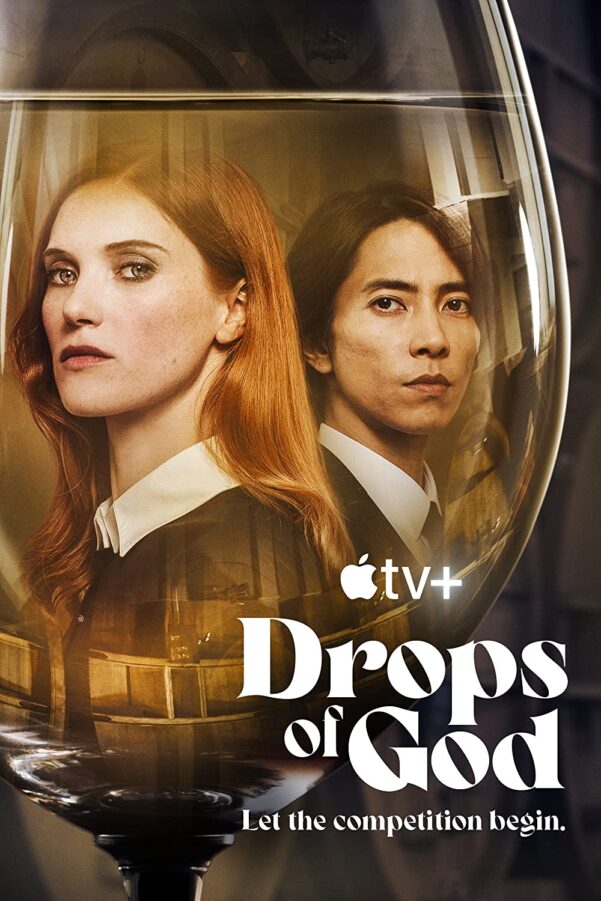
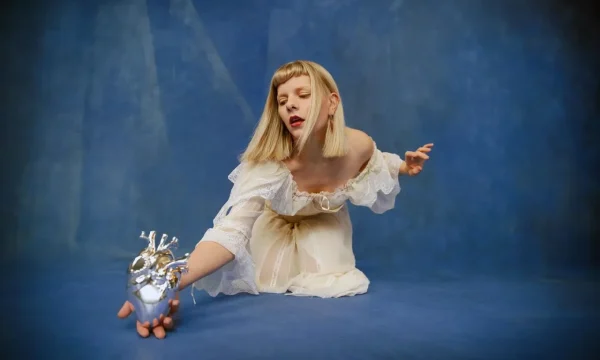
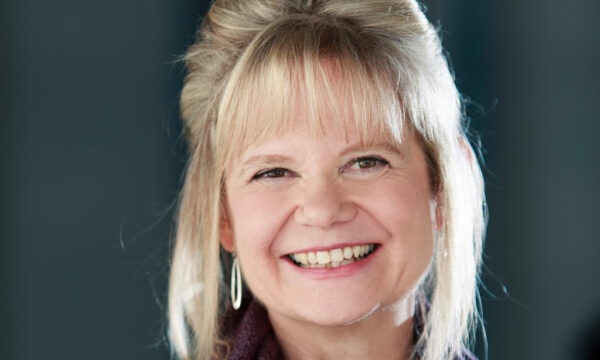
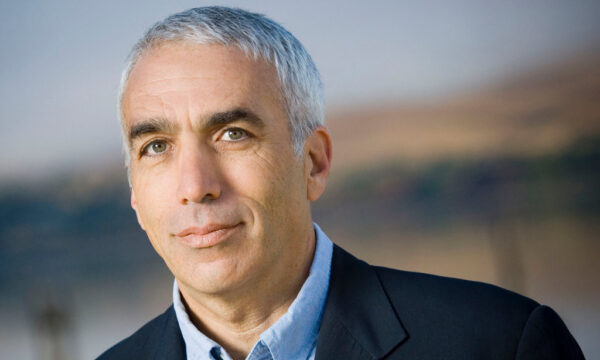
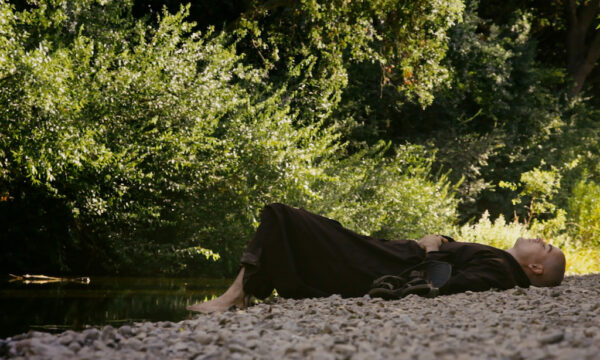
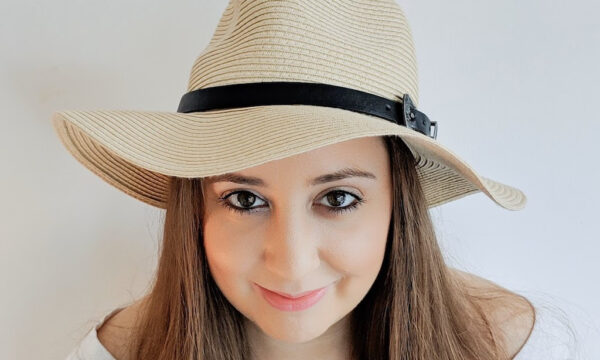
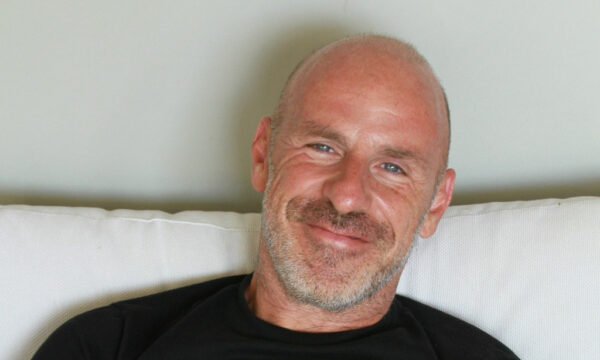
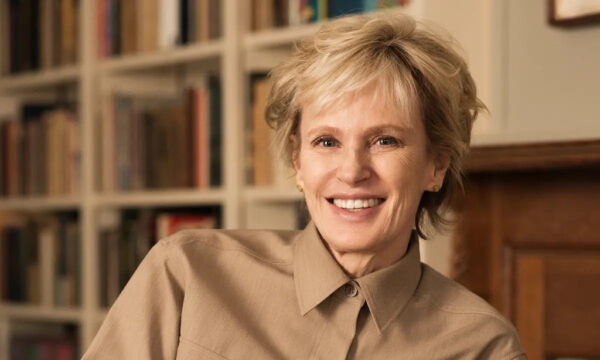
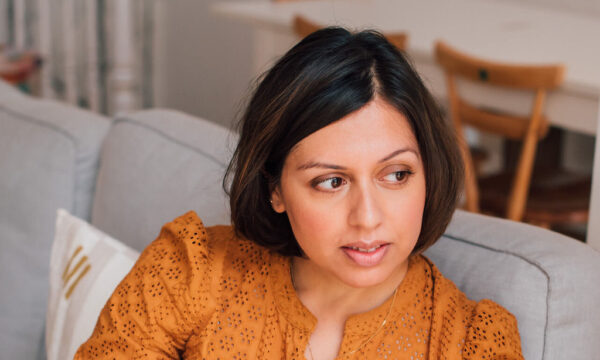
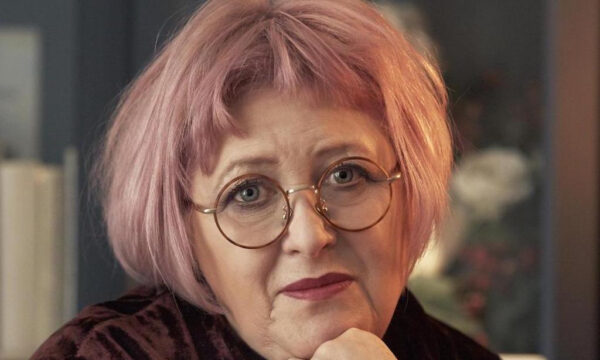









Facebook
Twitter
Instagram
YouTube
RSS